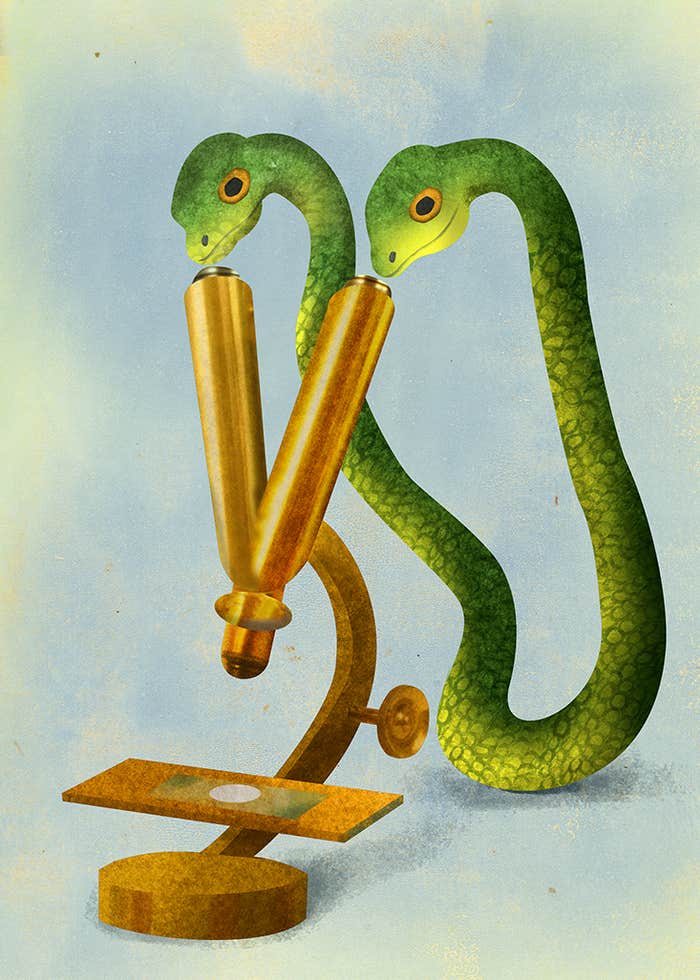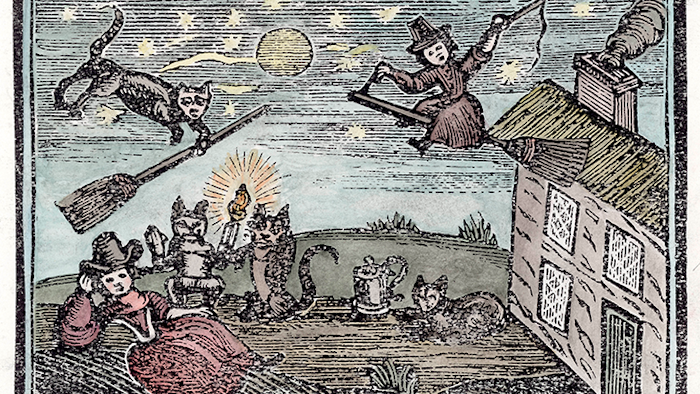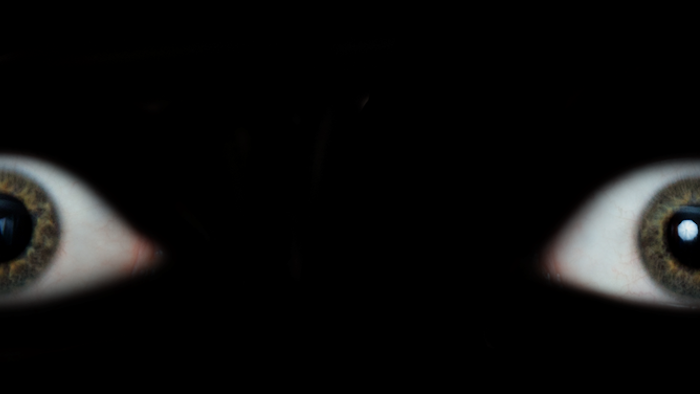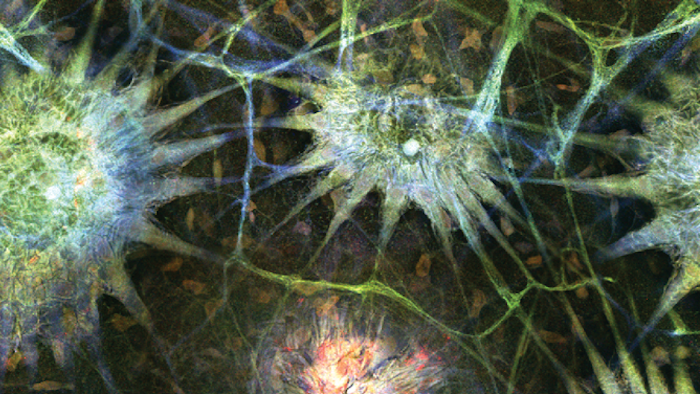Issue_53
22 articles-
The Stranger Things That Gave Birth to Science
Nautilus Members enjoy an ad-free experience. Log in or Join now . Finding regularity in nature is the bread and butter of science. We know that reptiles lay eggs, while mammals bear live young; the Earth revolves around the sun every 365.25 days; electrons glom onto protons like bears onto honey. But what if […] -
Is the Modern Mass Extinction Overrated?
We are ignoring the gains that balance the losses. -
Why Medieval Cats Approved of the Plague
The cat as the witch’s familiar in the 17th century, woodcut.Mary Evans Picture Library Nautilus Members enjoy an ad-free experience. Log in or Join now . From the 12th century onward there were two distinct attitudes to cats. For many people the cat population operated as important rodent-controllers, and every so often a cat would […] -
How Evolution Designed Your Fear
The universal grip of Stephen King’s personal terrors. -
How Absurd Do You Like Your Art?
fStop Images – Caspar Benson / Getty Images Nautilus Members enjoy an ad-free experience. Log in or Join now . Some art makes a lot of sense. If we look at a painting or a photograph of a gorgeous view, its beauty feels natural. The reason for this is that the kinds of landscapes people […]
-

Frankenstein in the Age of CRISPR-Cas9
Despite the awesome progress of science, we will never be free from the circular discussions of who we are.
-

Where “The Walking Dead” Goes Wrong With Zombies
Rick Grimes is cornered. A walker shuffles toward him, thoughtless yet eager for flesh. Sweat drips through Grimes’ thick beard, grown in the hundreds of fearful days and nights since the dead started to roam the earth. He quickly reaches for his knife—a weapon he never used in his days as a cop—and sinks it […]
-

When Did Tribalism Get To Be So Fashionable?
Nautilus Members enjoy an ad-free experience. Log in or Join now . “I against my brothers. I and my brothers against my cousins. I and my brothers and my cousins against the world.”—Nafisa Haji, The Sweetness of Tears Last month, I published an article on Nautilus called “Is Tribalism a Natural Malfunction?”. It was a […]
-
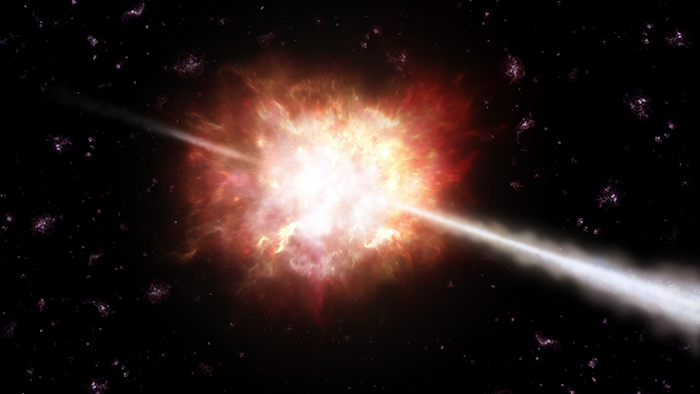
Astronomy Has Just Gained a New Sense
Nautilus Members enjoy an ad-free experience. Log in or Join now . There are many stories to tell about GW170817.There are stories of a binary neutron star inspiral, two dead stars locked in a deadly dance that culminated in a collision. There are accounts of a worldwide collaboration of scientists, all working to discover […]
-

Why Dementia Is a Population-Level Problem
Nautilus Members enjoy an ad-free experience. Log in or Join now . Dementia is typically thought of and treated as an individual sickness. Unlike something like measles, dementia is non-transferrable, and can’t be vaccinated against. But Malaz Boustani, a professor of medicine at Indiana University, thinks that the right way to think about dementia […]
-
In Fermat’s Library, No Margin Is Too Narrow
Nautilus Members enjoy an ad-free experience. Log in or Join now . Ever asked what the Internet thought about something and immediately regretted it? The four researchers behind Fermat’s Library, a platform and online community for discussing scientific papers, have had quite a different experience. With 3.5 million monthly visitors across their website, Twitter, […] -
Is Talking About De-Extinction a Moral Hazard?
Nautilus Members enjoy an ad-free experience. Log in or Join now . There’s a saying, in conservation biology, credited to the plant ecologist Frank Egler: Ecosystems are not just more complex than we think, they’re more complex than we can think. With doomsday narratives swirling about nuclear war, the existential threat of artificial intelligence, and […] -
Why We Still Need Monsters
This month’s Ingenious, Stephen T. Asma, on what haunts us. -
The Science Behind “Blade Runner”’s Voight-Kampff Test
What a modern version of the sci-fi assessment would look like. -
I Am Not a Monster
Science has turned the squid from a storied monster into a marvel.















